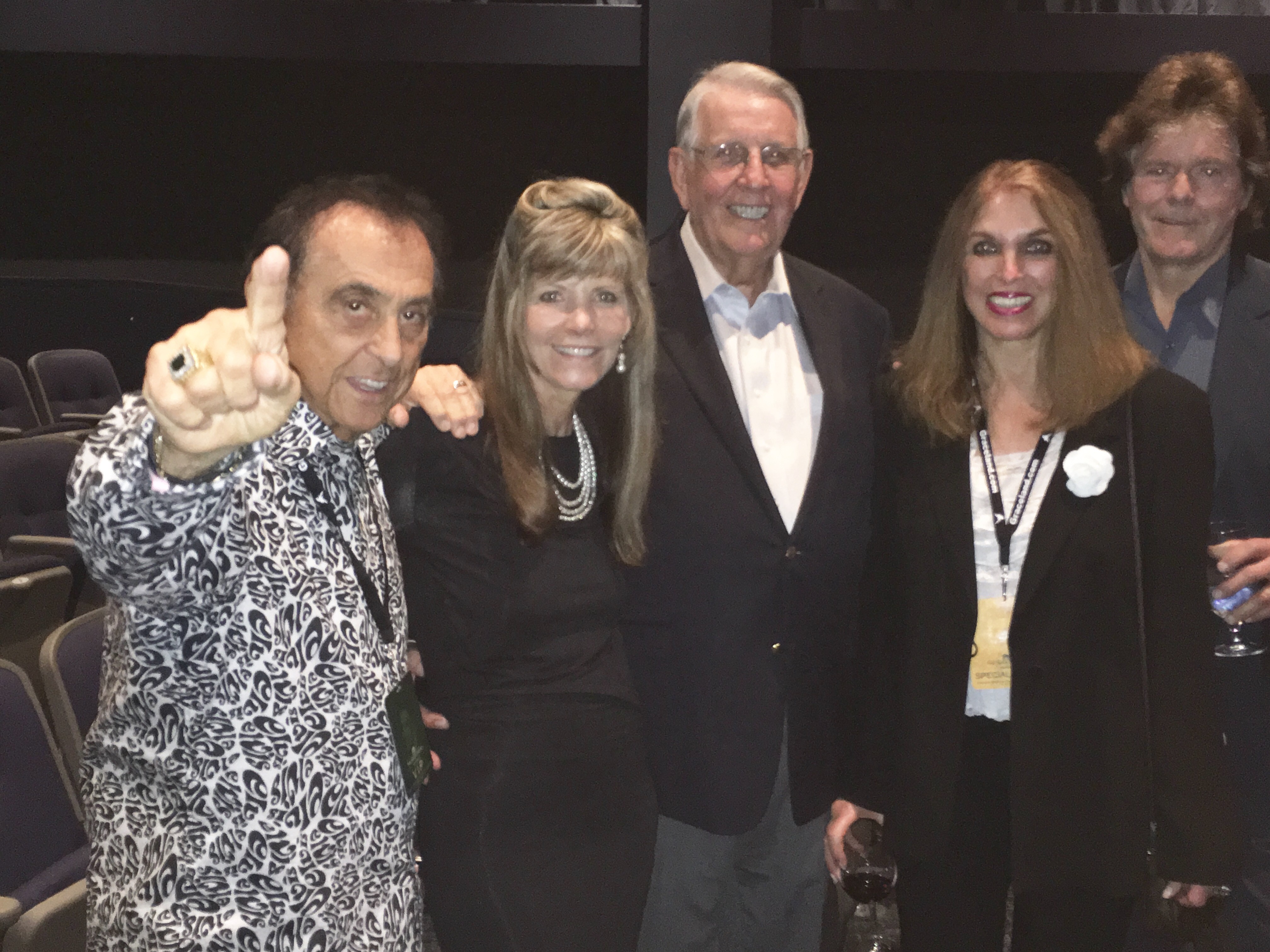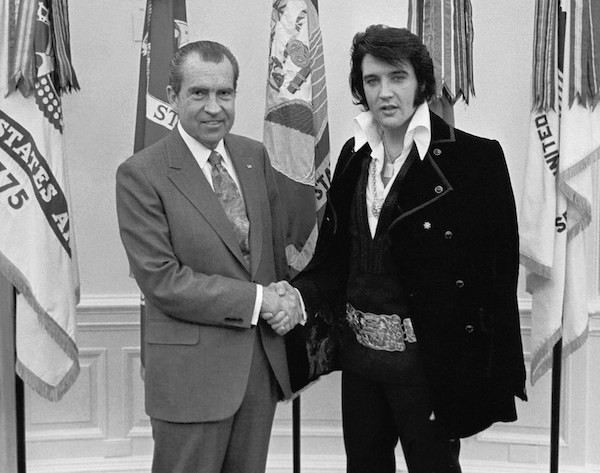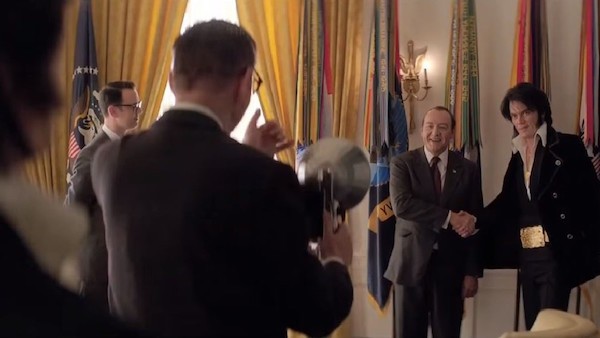Jerry Schilling was Elvis’ buddy for 23 years after he played football with the King one hot Memphis afternoon on July 11, 1954.
Schilling, who was 12 at the time, went on to become part of Elvis’s entourage, a business associate, and a long-time friend.
Now Schilling is watching himself being portrayed on screen in Elvis. The motion picture, which opens June 24th, was directed by Baz Luhrmann and stars Austin Butler as Elvis. “I think the movie, overall, is the best piece of work in a project done on Elvis,” Schilling says. “One, I think it answers a lot of questions by just telling the story of misconceptions of my friend.”
And, he says, Luhrmann, “put his heart and soul into it and put together an unbelievable cast.”
The project took 11 years from the idea to the finished movie, Schilling says. “There were sets burning up in Australia, Covid, you name it.”
But the delays “gave them time to really marinate this story. And everybody went back and rethought it and made it a much better film.”
Schilling now is manager of The Beach Boys, who recently released Sounds of Summer: The Very Best of The Beach Boys box set.
Author of the 2006 book, Me and a Guy Named Elvis, Schilling also has been involved in numerous Elvis-related projects. “Over the years, I have produced more shows on Elvis than I think anybody can count. I’ve cast or been part of casting various actors to play Elvis over the years. And I’ve worked with others cast by other people.”
He thought Michael St. Gerard, who played the King in the 1990 Elvis TV series, was “innately Elvis, because he was playing the younger Elvis and he didn’t have the high collars and jumpsuits and everything. But when I saw Austin Butler, he had the young Elvis down. He had the middle. He had the end. He didn’t overdo it.”
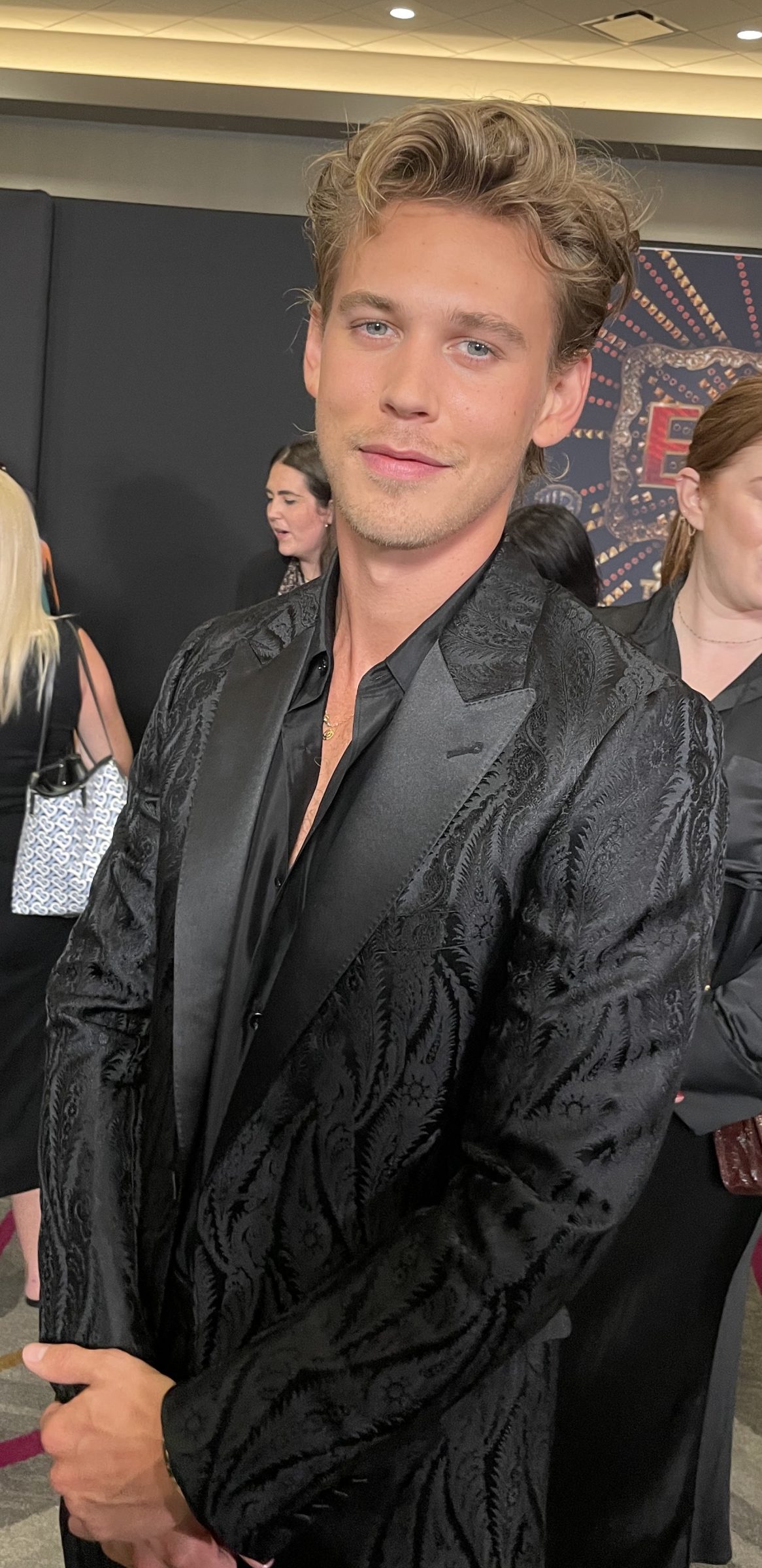
Butler concentrated on the part, Schilling says. “For years he did nothing but become Elvis. He was not a performer, not a singer, but a terrific actor. It was Denzel Washington who brought Butler to Baz Lurhmann. They had done something on Broadway — The Iceman Cometh. Denzel was so impressed with his work ethic.”
Butler’s role as Elvis was “multi-faceted,” Schilling says. “He did a lot of his own singing, which Michael didn’t do. I will never take anything away from Michael St. Gerard. I was in awe of him.”
But Butler was “so sincere. He fell in love with the character. He said it was like, ‘I can climb Mt. Everest.’ That was the challenge.”
But, Schilling says, “He doesn’t overdo it. He does it subtly. None of that curling the lip, ‘Thank you very much,’ all the bullshit. He’s got charisma. You want to be around him. You like him. And, you know what? When he walks in the room he’s got that little shyness Elvis had as well. It’s like a magnetic attraction goes to him.”
And, he says, Butler “fell in love with Memphis.”
Butler and Lurhmann spent time in Memphis and Tupelo, Schilling says. “They really put their heart and soul into this movie and I think it shows on the screen.”
Schilling met Lurhmann three years ago at dinner with an RCA executive during the promotional tour of the Elvis Presley: The Searcher at HBO documentary that Schilling conceived. “I think he was still looking for his Elvis at this point. He just said, ‘If this ship pulls anchor, I want you on it.’”
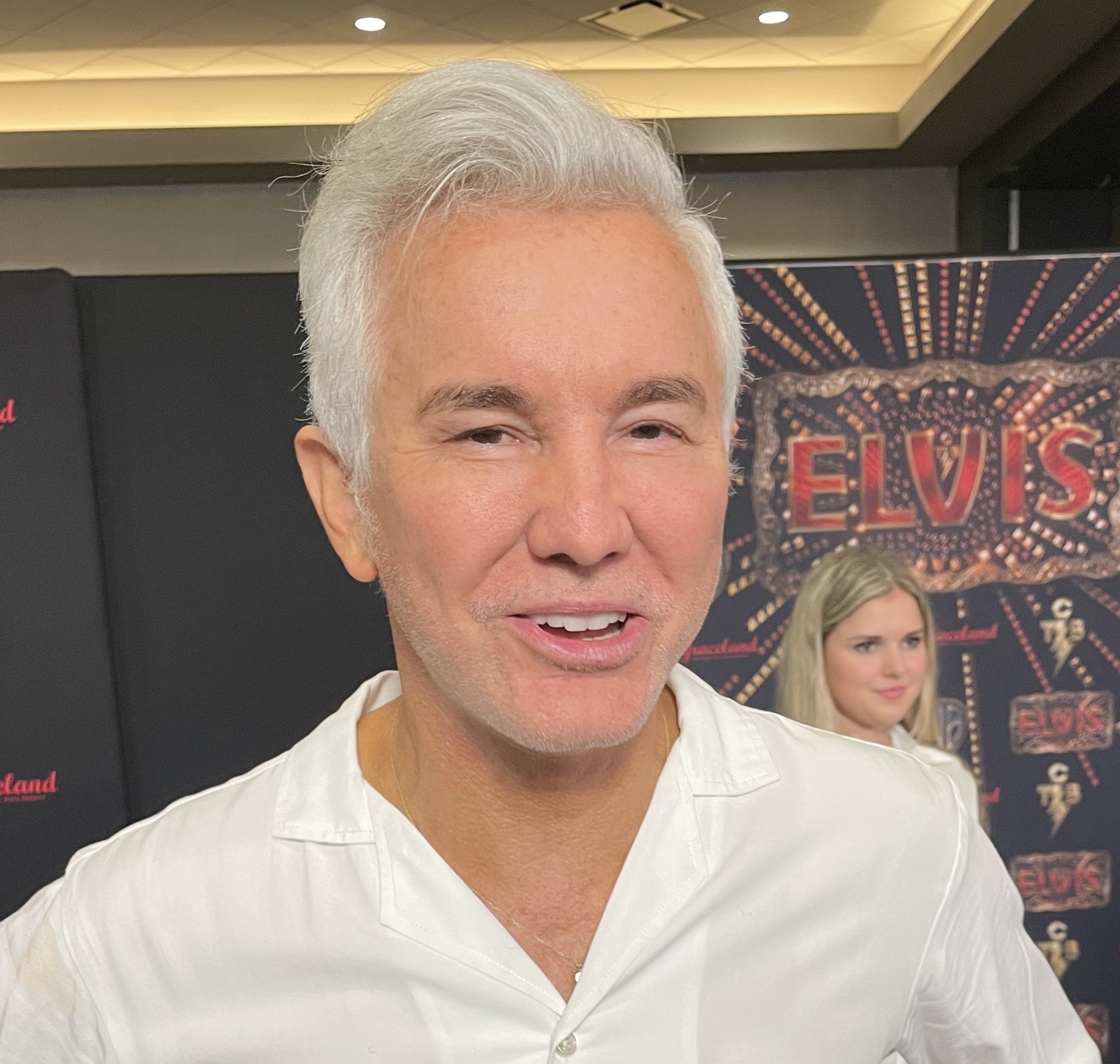
Schilling and Priscilla Presley got together with Tom Hanks — who plays Elvis’ manager, Col. Tom Parker — before filming began. “Priscilla ran into Tom Hanks’ wife, Rita Wilson, at the grocery store and Rita said, ‘Why don’t you and Jerry Schilling come over for dinner?’ This is two weeks before Tom went to Australia to start filming. So, we go there and Tom opens the door and the first thing he says is, ‘Jerry, are we going to talk about the Beach Boys or Elvis?’”
Hanks is a huge Beach Boys fan, Schilling says. But they spent the next three or four hours talking about Elvis and Parker. “Priscilla and I really wanted to give a full picture of Colonel Parker to Tom.”
The movie was “pretty much finished” when Schilling met Butler. “Priscilla and I went to New York for the Metropolitan Gala that Baz Luhrmann invited us to.”
They met Butler in a revolving door at The Carlyle hotel on their way out to dinner a few days before the gala. “He comes in and says, ‘Hi,’ to both of us. Seems like a nice guy. Good looking guy. It’s Austin. So, he goes, ‘Oh, my God.’ He’s really nervous. He says, ‘I want you two guys to be happy with this.’”
Schilling and Priscilla wouldn’t commit to going to the Cannes Film Festival for a showing of Elvis until they saw the movie. So, Lurhmann arranged a special screening of the film for the two of them. “I purposely didn’t sit next to her. I sat down, wanting to have my own thoughts. I wanted her to have her own thoughts. Half way through, I’m beside her. By the end, Priscilla looked at me and said, ‘Well, I guess we’re going to Cannes.’”
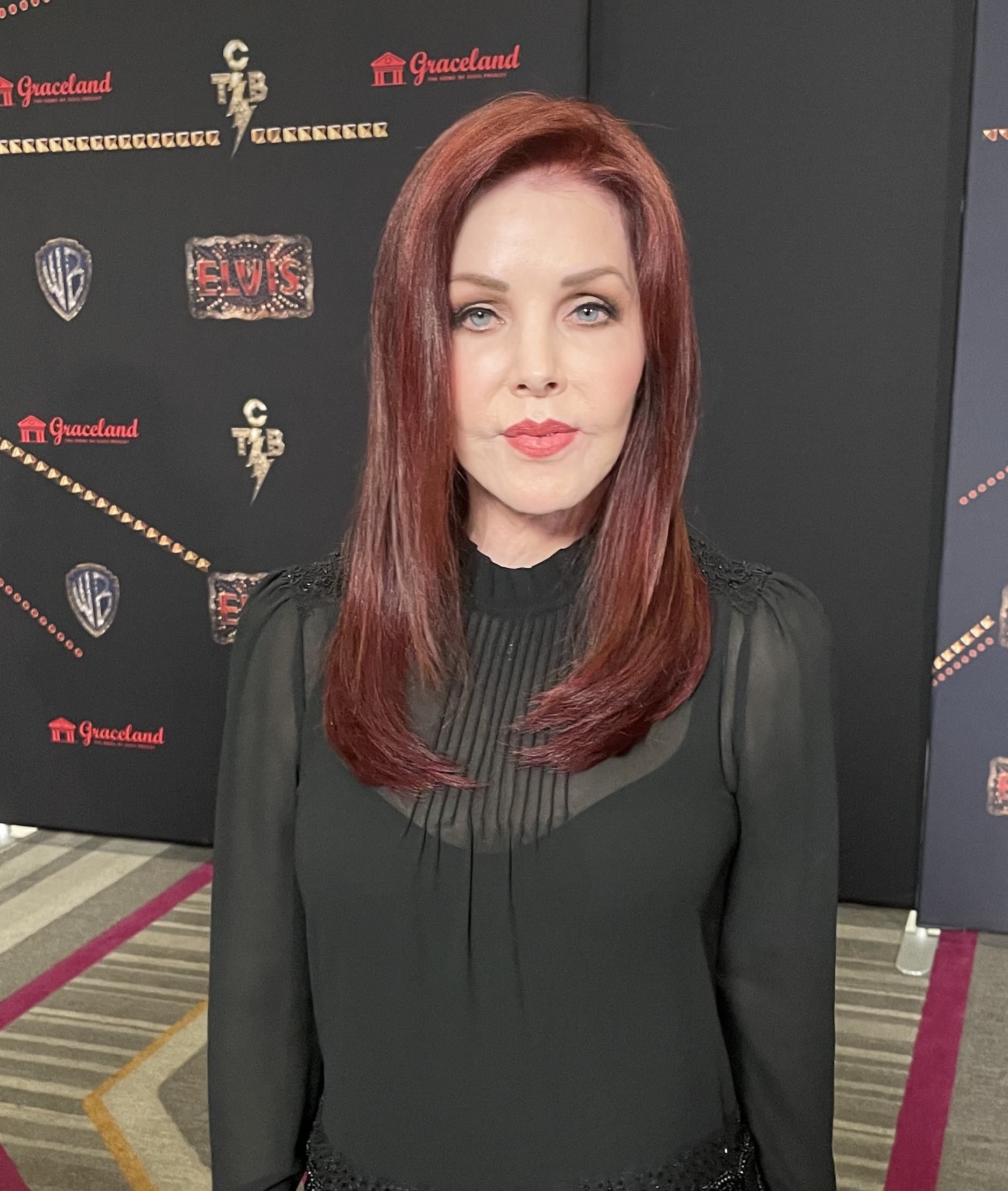
They knew Luhrmann was going to make his type of movie. “Baz is a very private filmmaker. He’s going to do what he wants to do. So, you never know” — like the Russwood Park concert scene, where Elvis/Butler pulls out all the stops with his seductive gyrations, shakes, and wiggles. Schilling was 14 when he went to that show. “In real life, it was much more subtle than they make it in the movie ‘cause you’re making a movie. But he did make the statement and he did his own show. And it was a ‘wow’ show.”
Elvis had recently appeared in a tuxedo singing “Hound Dog” to a dog on TV’s The Steve Allen Show after being introduced by Allen as “the new Elvis Presley.” Elvis, Schilling says, told the Russwood audience, “I’m not going to let those people in New York change me. That was his way of saying, ‘You’re going to get the real Elvis.’”
Was Parker a villain in real life? “The film is really difficult for me because I know the controlling side of the Colonel. I know the bullying side. But I also know the human side of the Colonel. I don’t think he was dishonest at all. The only concern I have was when Elvis wanted to do A Star is Born and travel overseas and have his own production company.”
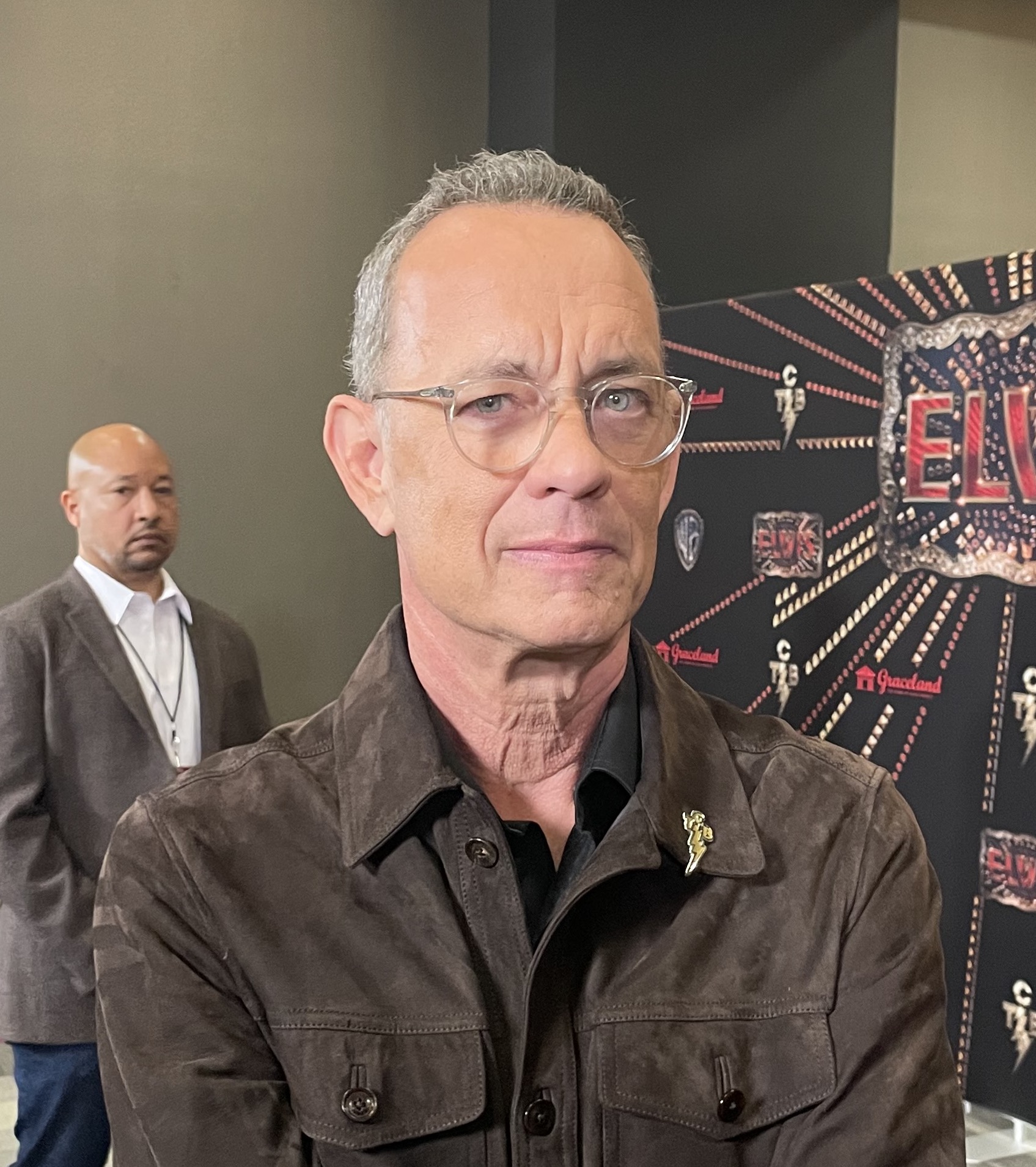
Elvis eventually started his own production company with himself and Schilling as heads of the company. But he never got to travel overseas. “The Colonel didn’t want it known he wasn’t an American citizen. But, creatively, the Colonel was really holding Elvis back.”
Elvis did “some good movies,” but most of them were the same type of musical. “I think I lost my friend at an early age because of creative disappointments. He was embarrassed and he tried to fight. And the machinery was too big.”
As for Elvis’s ambitions, including doing more serious roles, Shilling says Parker and other business associates “killed all that.”
With every Elvis musical, there was a soundtrack, “no matter how good or bad the music might be. At one point, Elvis said, ‘I’m not doing any more of this stuff.’ And the Colonel said, ‘You’ll fulfill your contract or you’re not doing anything.’”
As for Schilling talking back to Parker in the early days, he says, “Listen, I wasn’t in a position most of the time to be telling Colonel Parker what to do, or any of that.”
Schilling stopped working for Elvis for a time and went into film editing. “Because I quit working for him, I didn’t have to be under the Colonel’s supervision. For me, idolizing, looking up to Elvis as a 12 year old, and him not having a hit record when I met him, to be able, years later, to discuss a movie of his or a tour of his, that’s full circle.”
But, Schilling says, “There was a human side of Colonel Parker. Did he love Elvis Presley? Yes. Did Elvis love the Colonel? Yes.”
And, he says, “It was the best team. Elvis never forgot what the Colonel did for him in the beginning. It’s hard to get all that in the film.”
Schilling is portrayed in the movie by Luke Bracey. But Schilling hadn’t met Bracey when he, Priscilla, Hanks, and Butler flew to Cannes. “I asked Tom Hanks, ‘So, how was Luke Bracey playing me? I haven’t met him.’ He said, ‘He was the voice of reason through the whole thing.’ And Austin said, ‘Yep. He really was.’”
“I think what it means to me — and I think what the message they were trying to give me — is so many times the guys around Elvis were these hangers-on who laughed when Elvis laughed. And were just ‘yes’ men.”
Schilling wasn’t one of those. He remembered when he “challenged” one of Elvis’s decisions. “And he goes, ‘Okay, you can go back to Memphis if you don’t like it.’ Over the 23 years I knew him, we had three or four arguments. It wouldn’t have been a real friendship if we hadn’t.”
Schilling was “totally pleased” with Bracey’s portrayal of him, which he says was respectful and based on facts. “They read my book, I’m sure, more than once. Austin told me they read everything.”
Schilling says Bracey “doesn’t overdo anything. And yet when it was time to maybe have a difference of opinion whether it was Elvis or it was the Colonel, he played it right. He didn’t come back and do a big argument, which I wouldn’t have done either. He got me down.”
In trying to put Elvis’s life in perspective, Schilling says, “We’re all familiar with the ‘68 Comeback Special’ and what that did to Elvis’s career when it was really, as the movie says, in the toilet.”
Elvis, the movie, is “the ‘’68 Legacy Comeback,’” Schilling says. “I think this is going go do for his legacy what the ‘’68 Comeback Special’ did for his career while he was alive. It gives viewers an understanding of how special this man was.”
Schilling adds, “Ironically, 68 years ago in July was when Elvis’ first record was played, and when I met him.”
When I interviewed him, Schilling was headed to see the Elvis movie with Priscilla for his fourth time, and Priscilla’s fifth. “I’m glad this movie will be a record years from now for the history of Elvis, the ‘50s, ‘60s, ‘70s, and of Tupelo, of Memphis. It really needed to be documented. If this was written and not filmed, I would put it in the National Archives.”
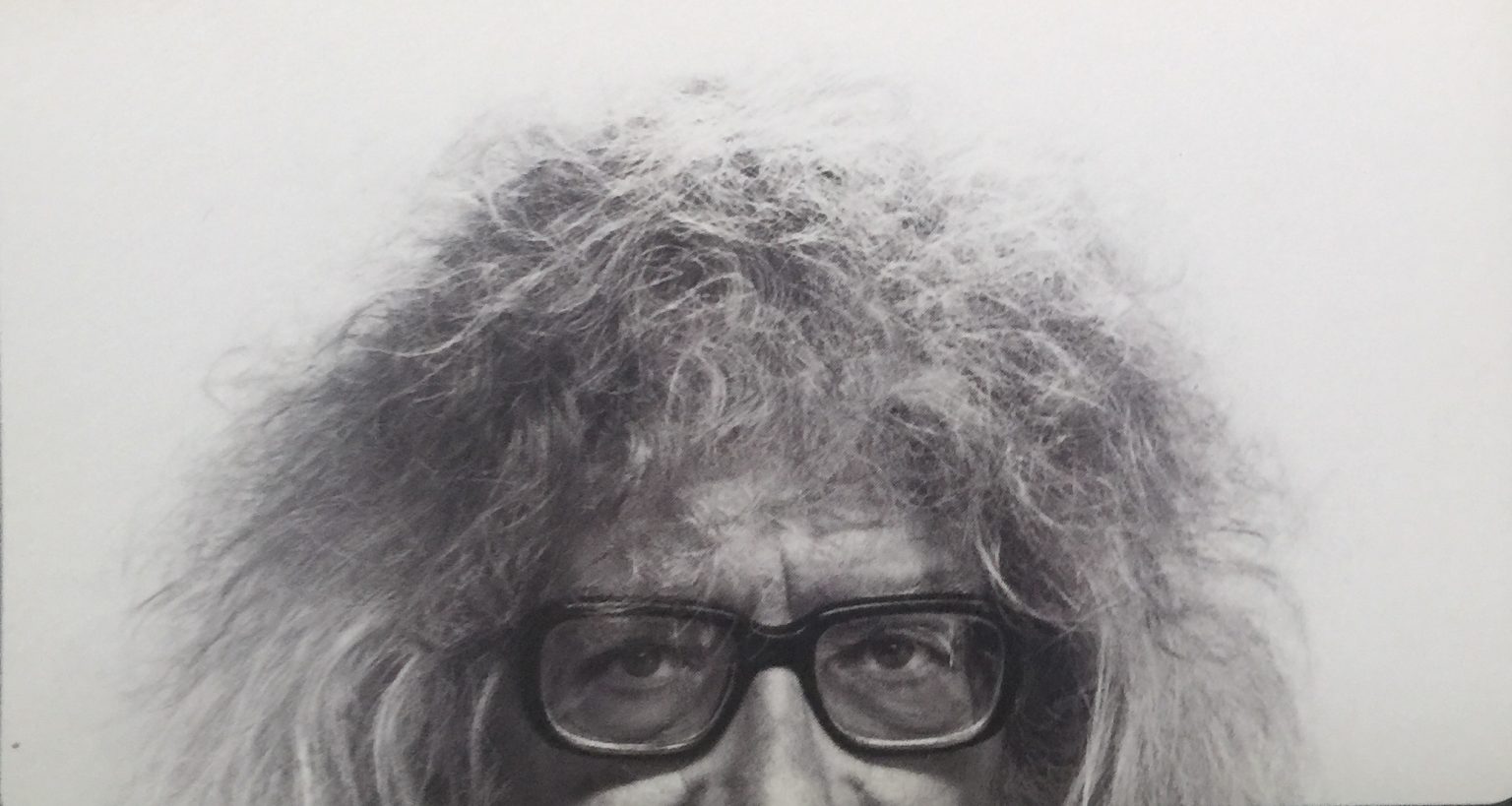
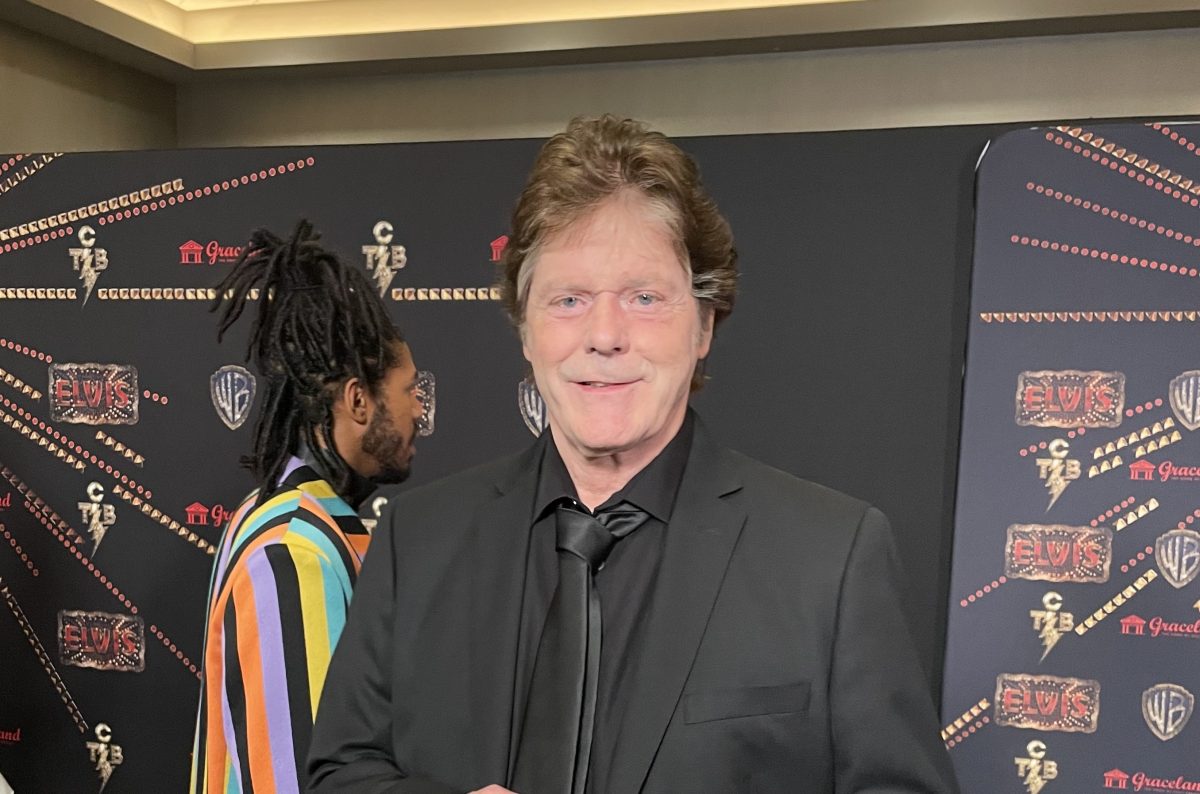
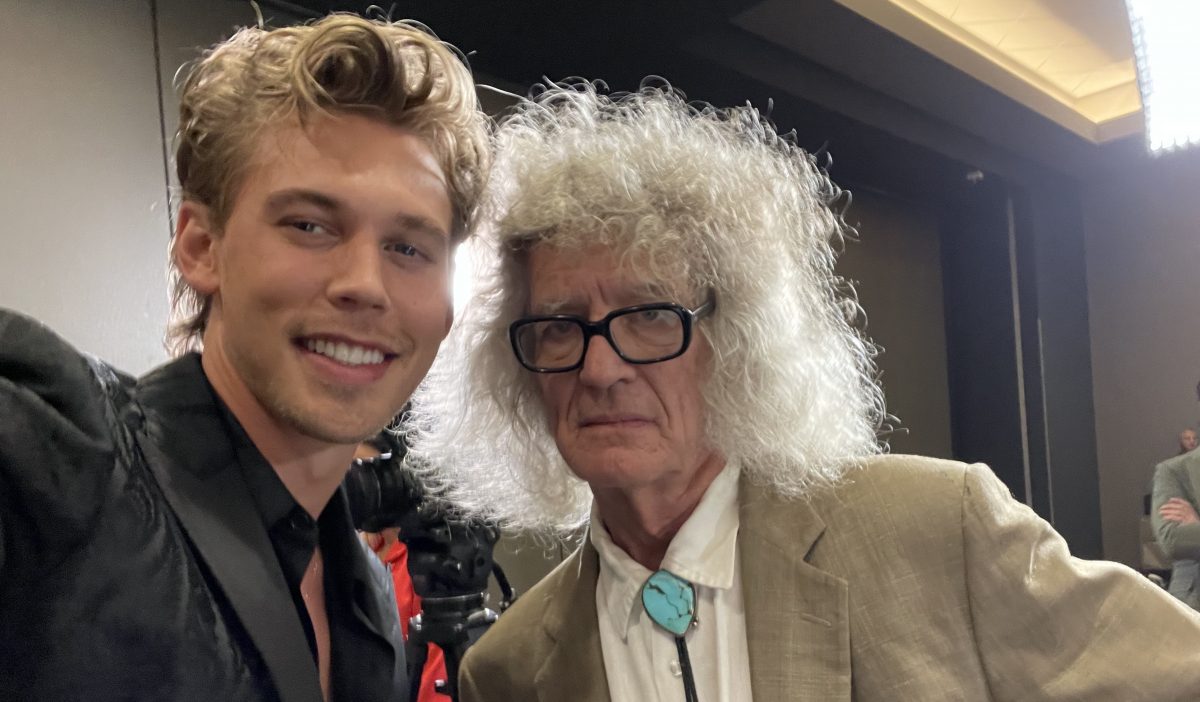
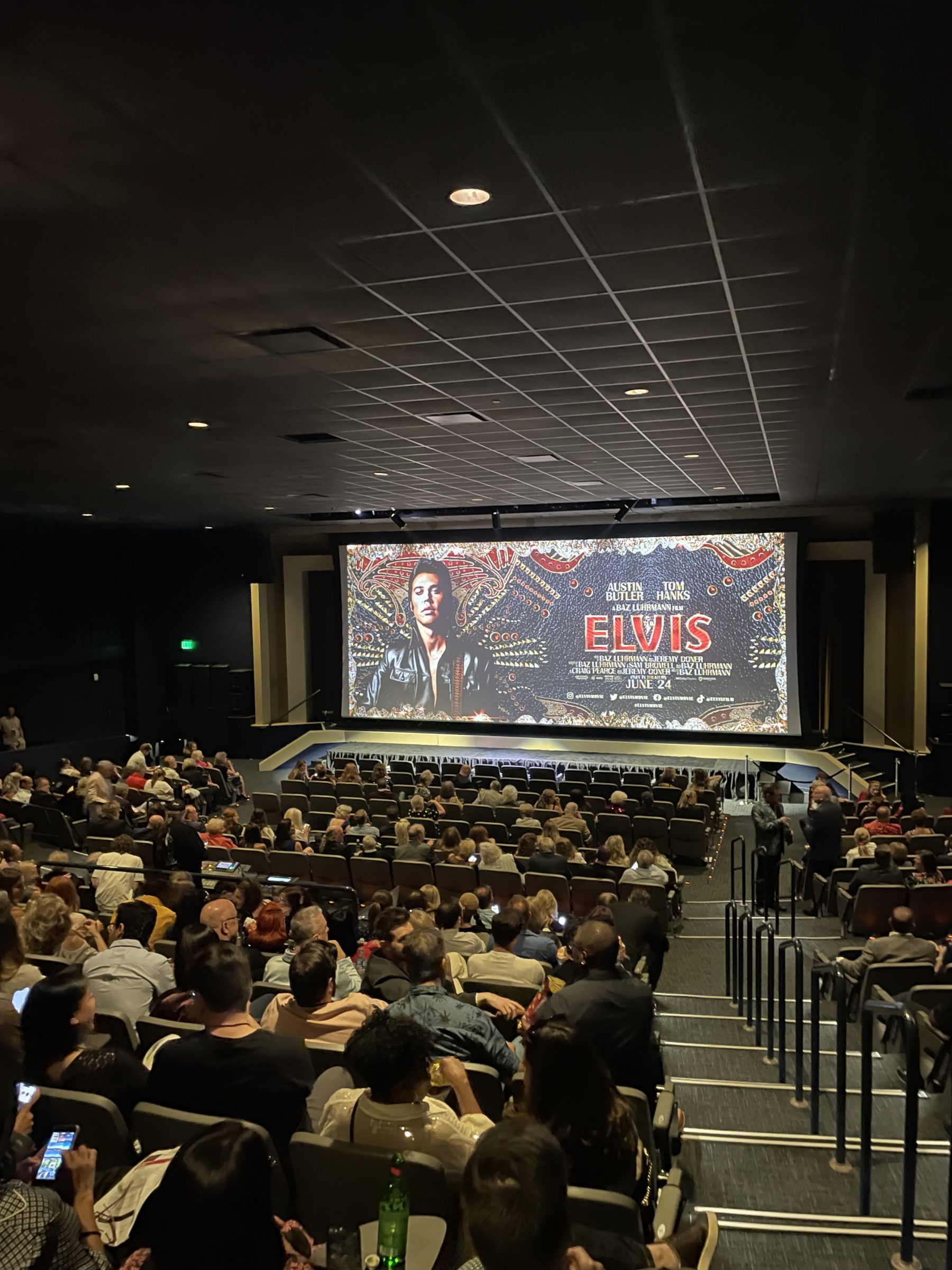
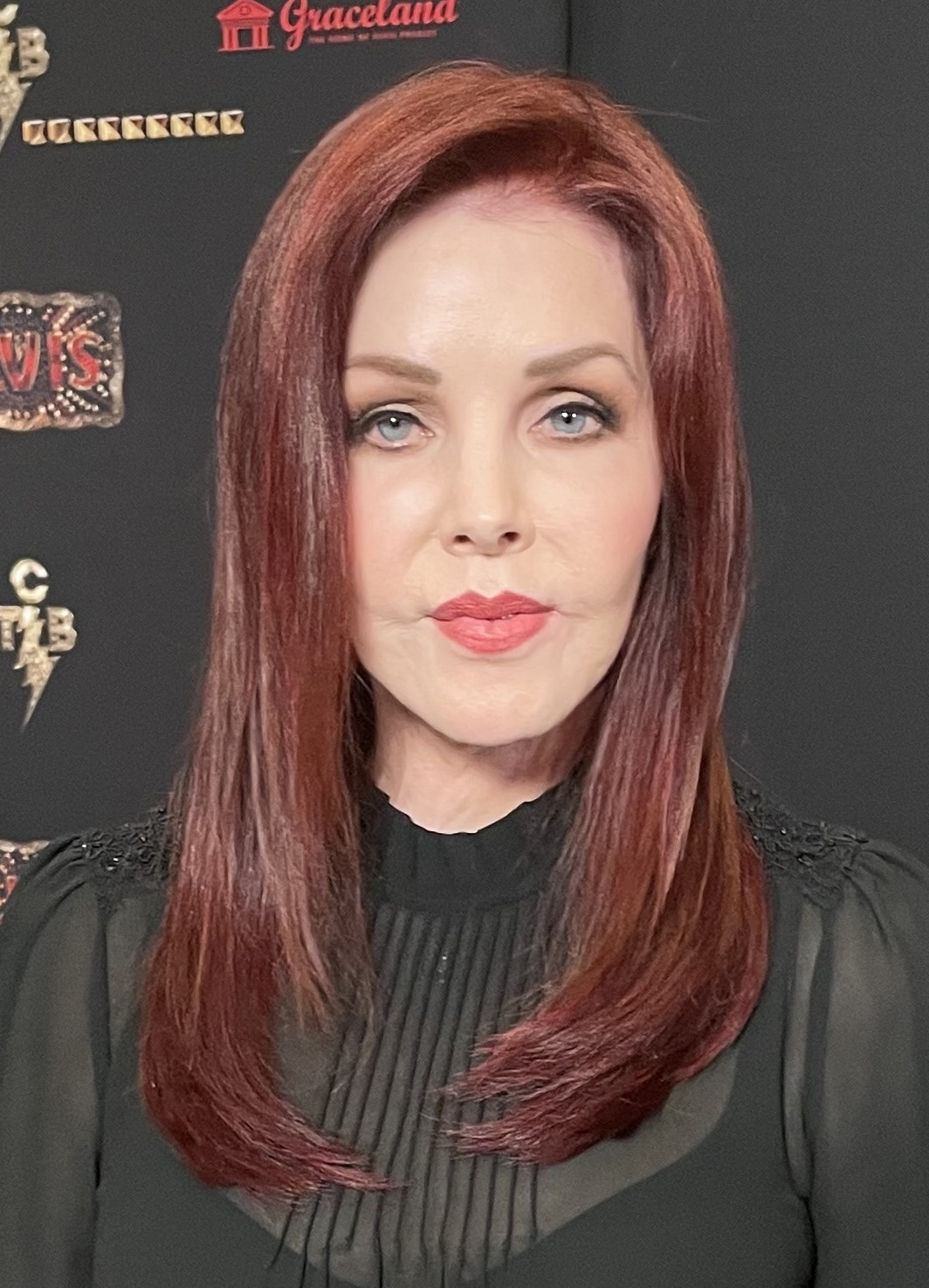
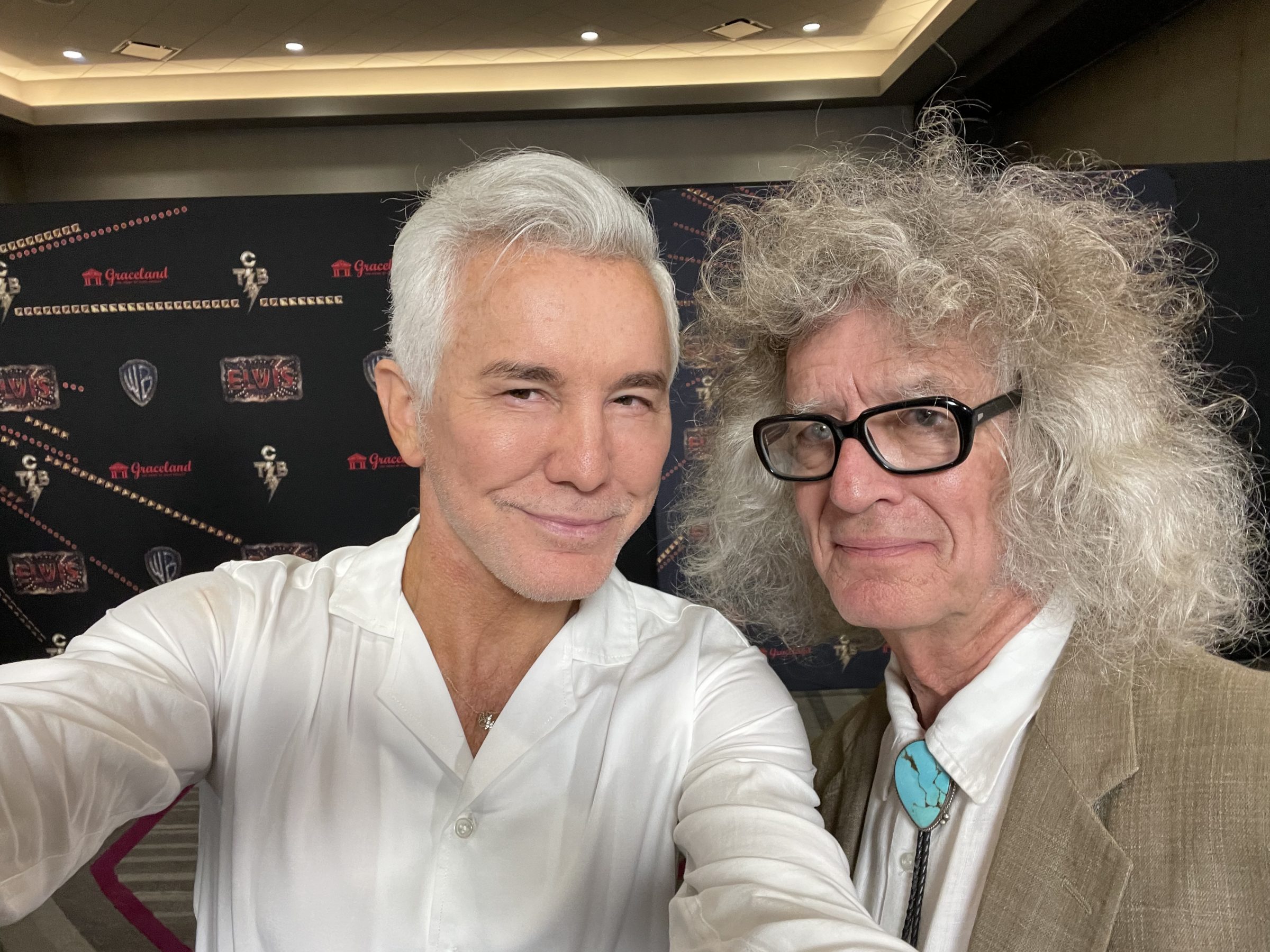
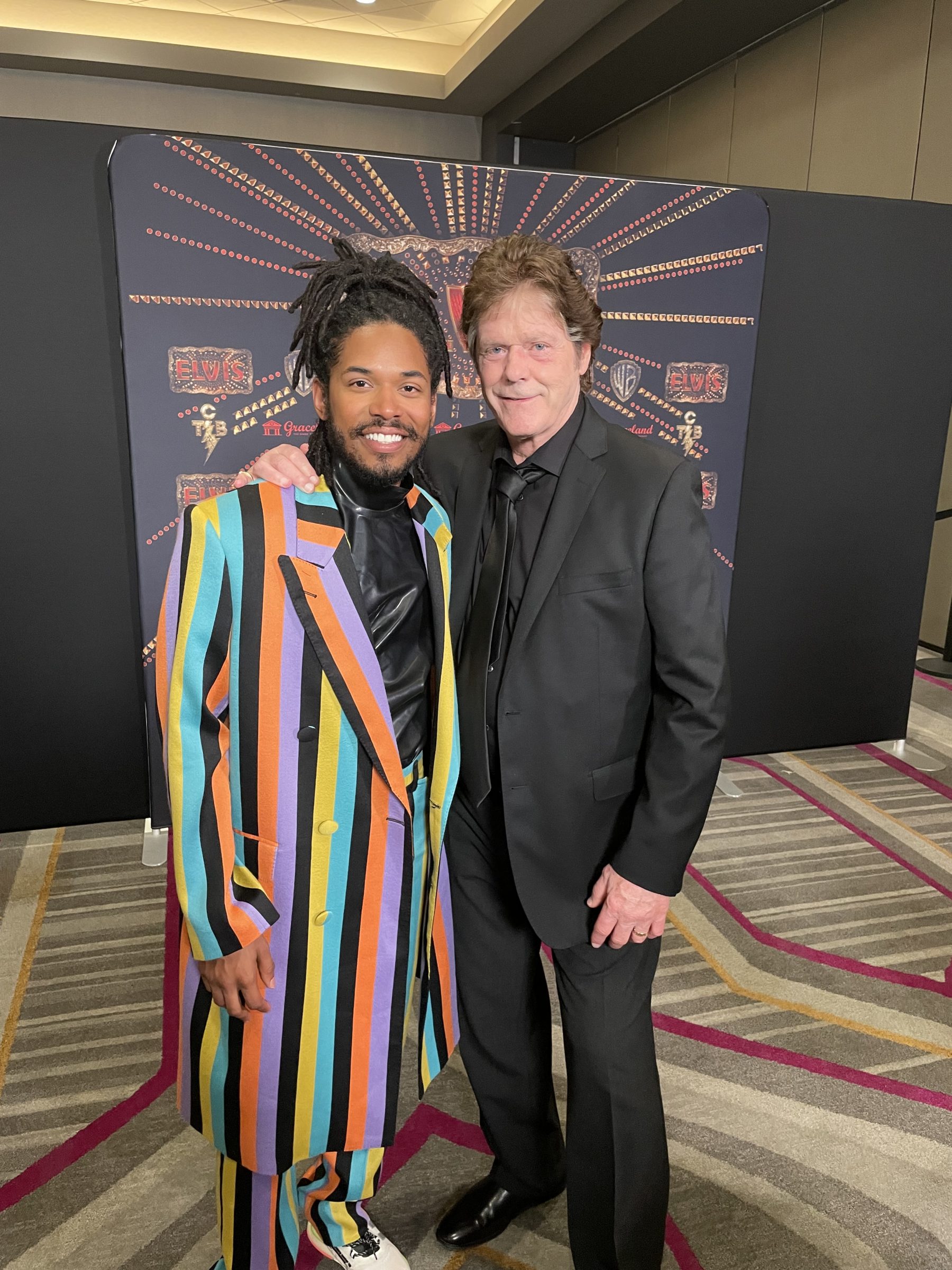
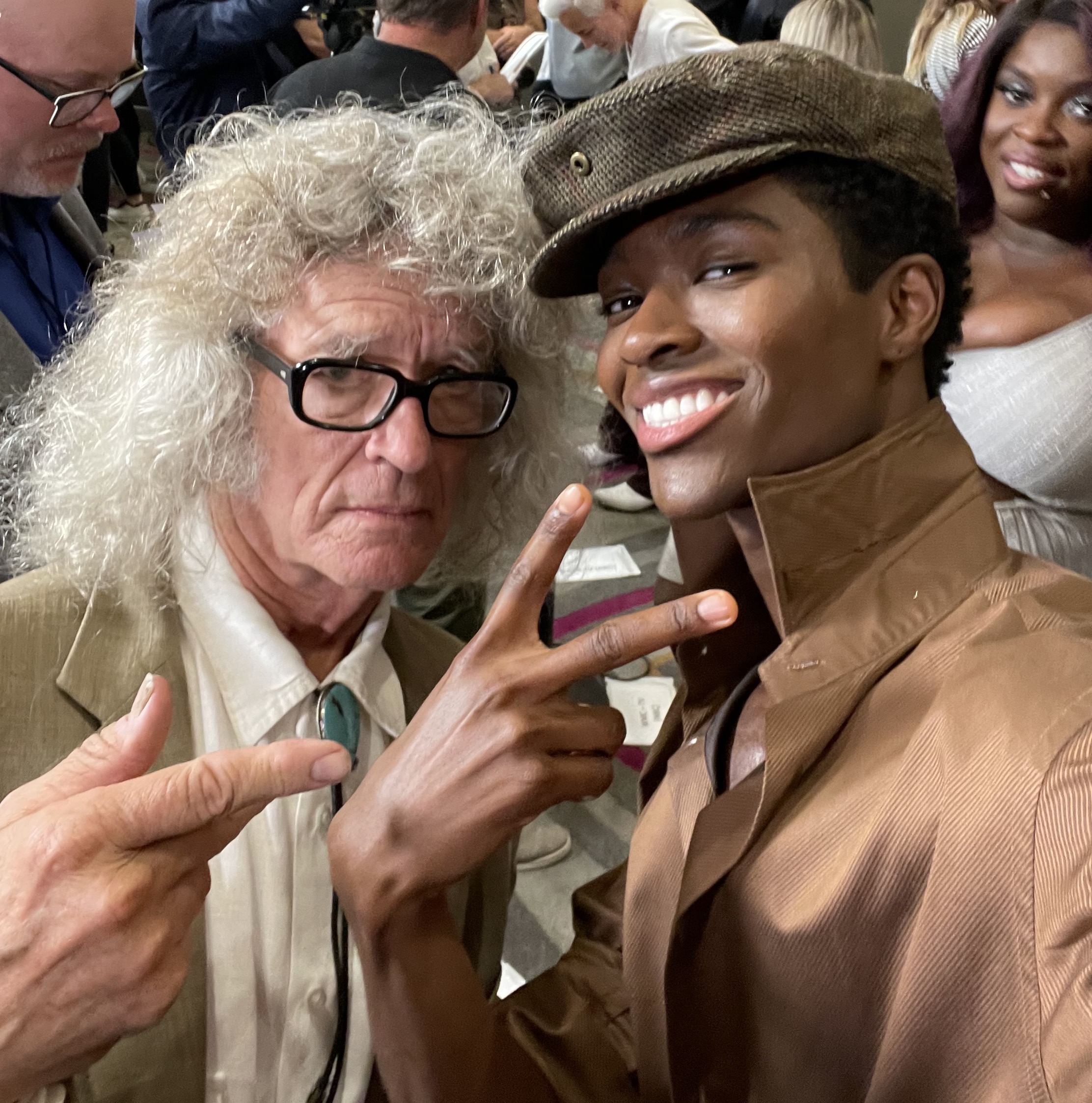
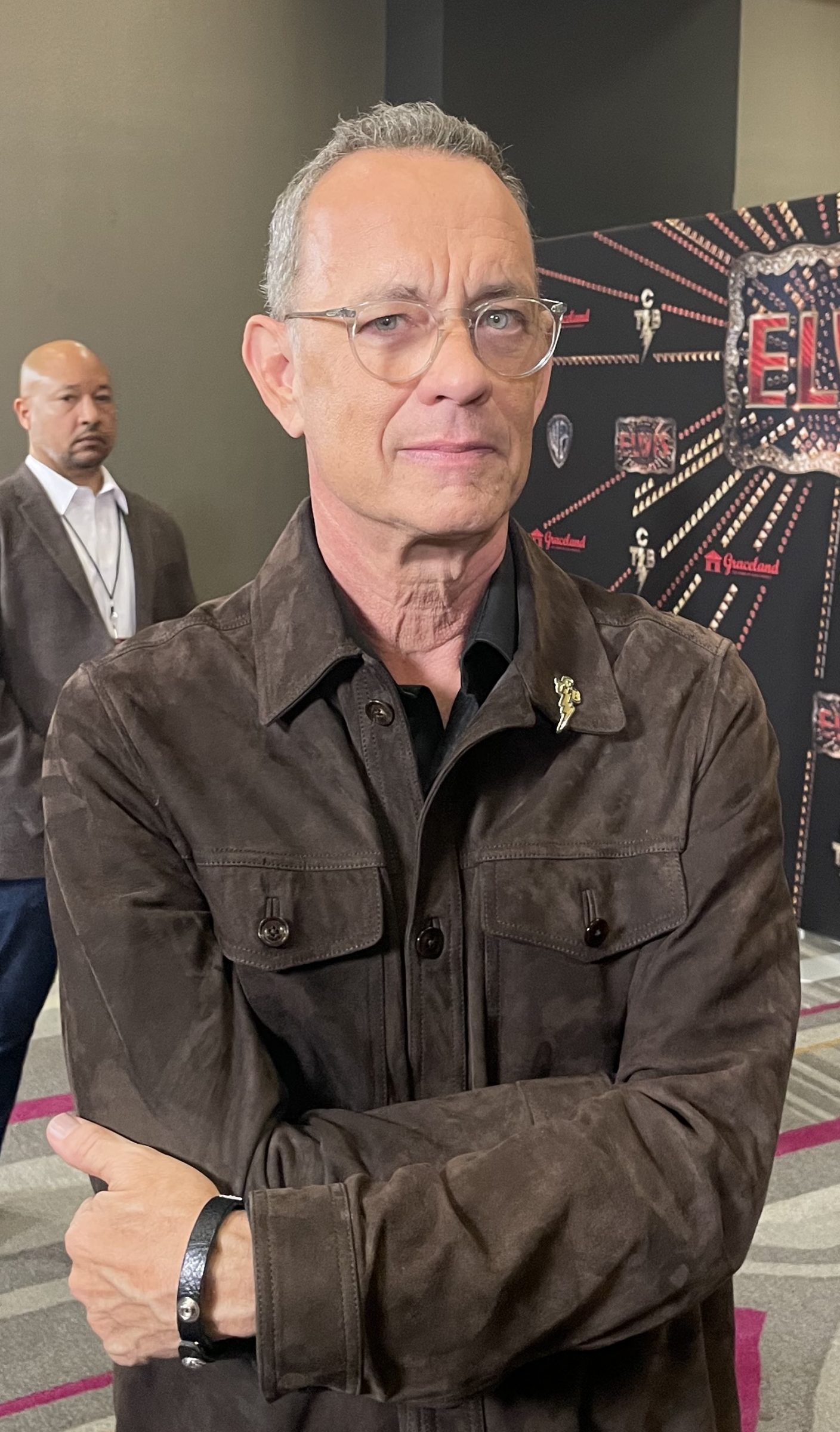
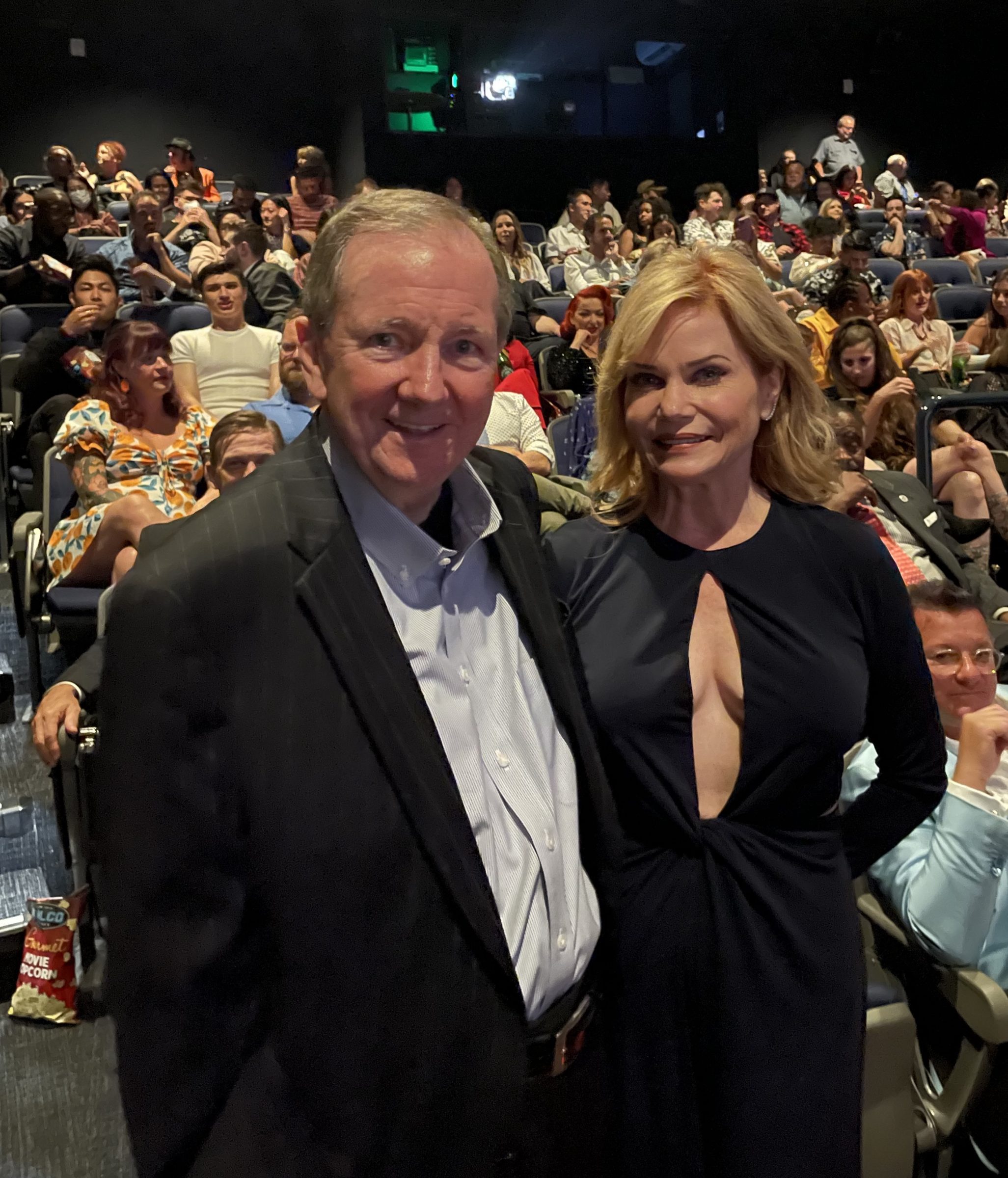
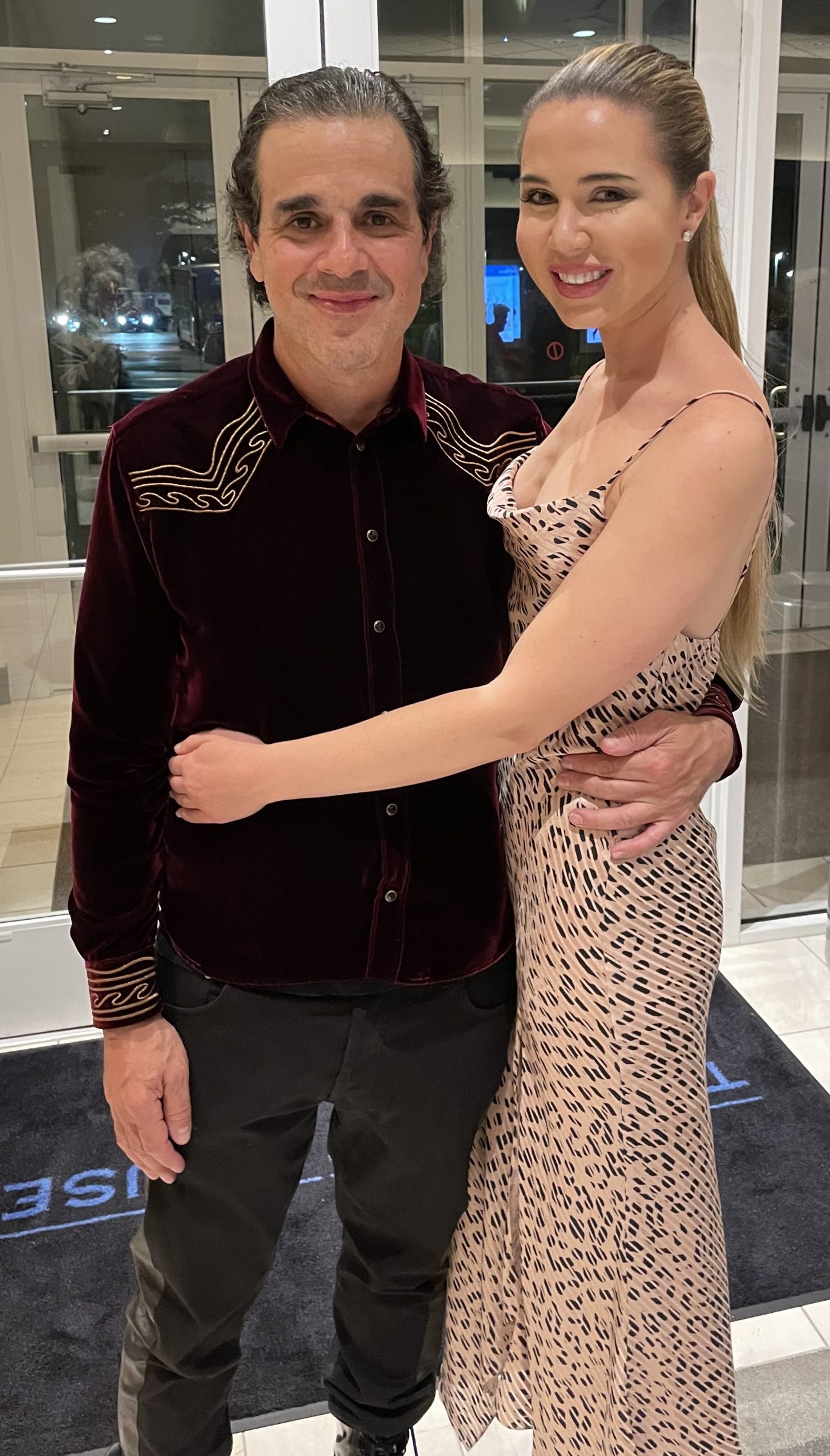
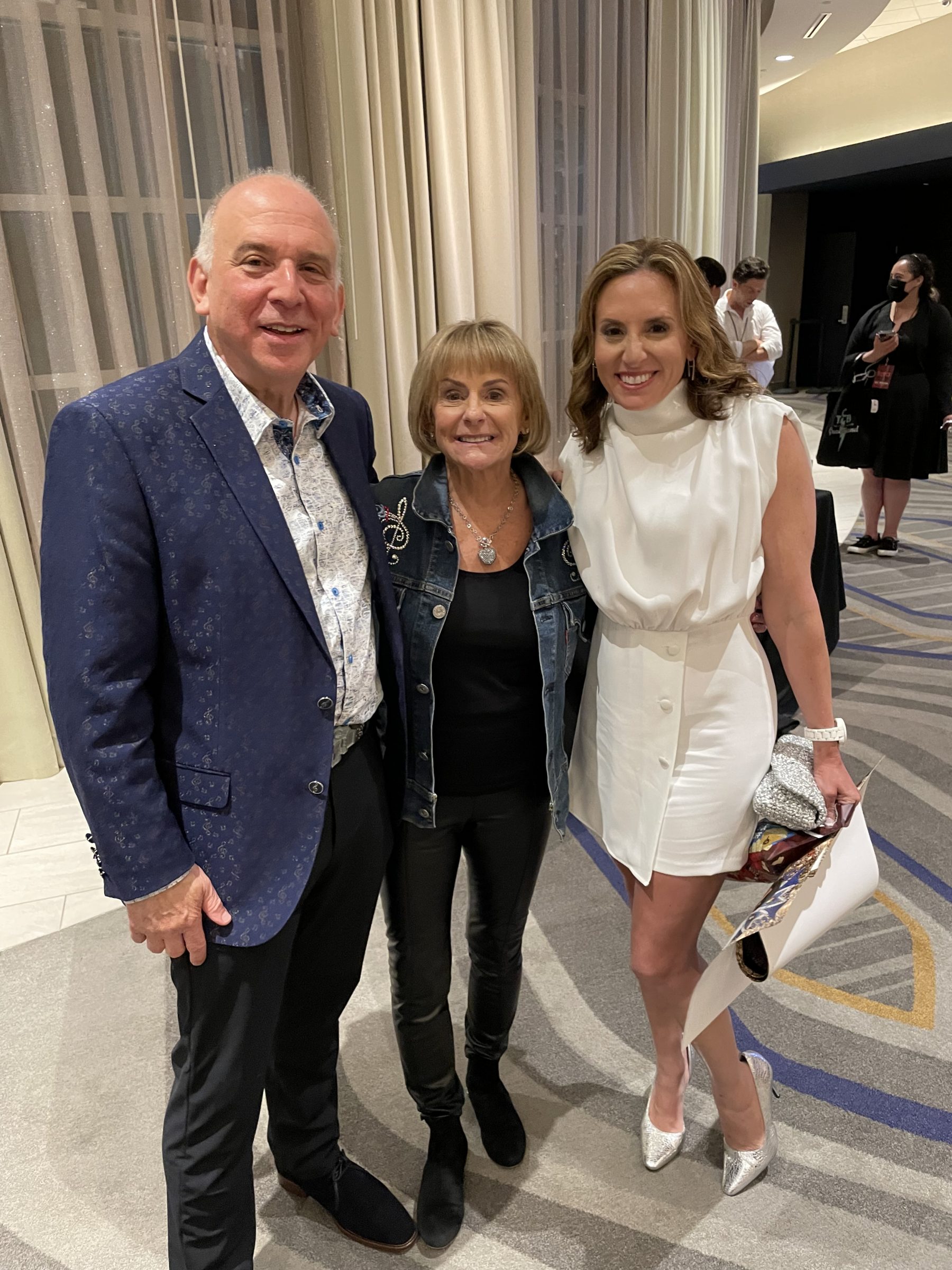

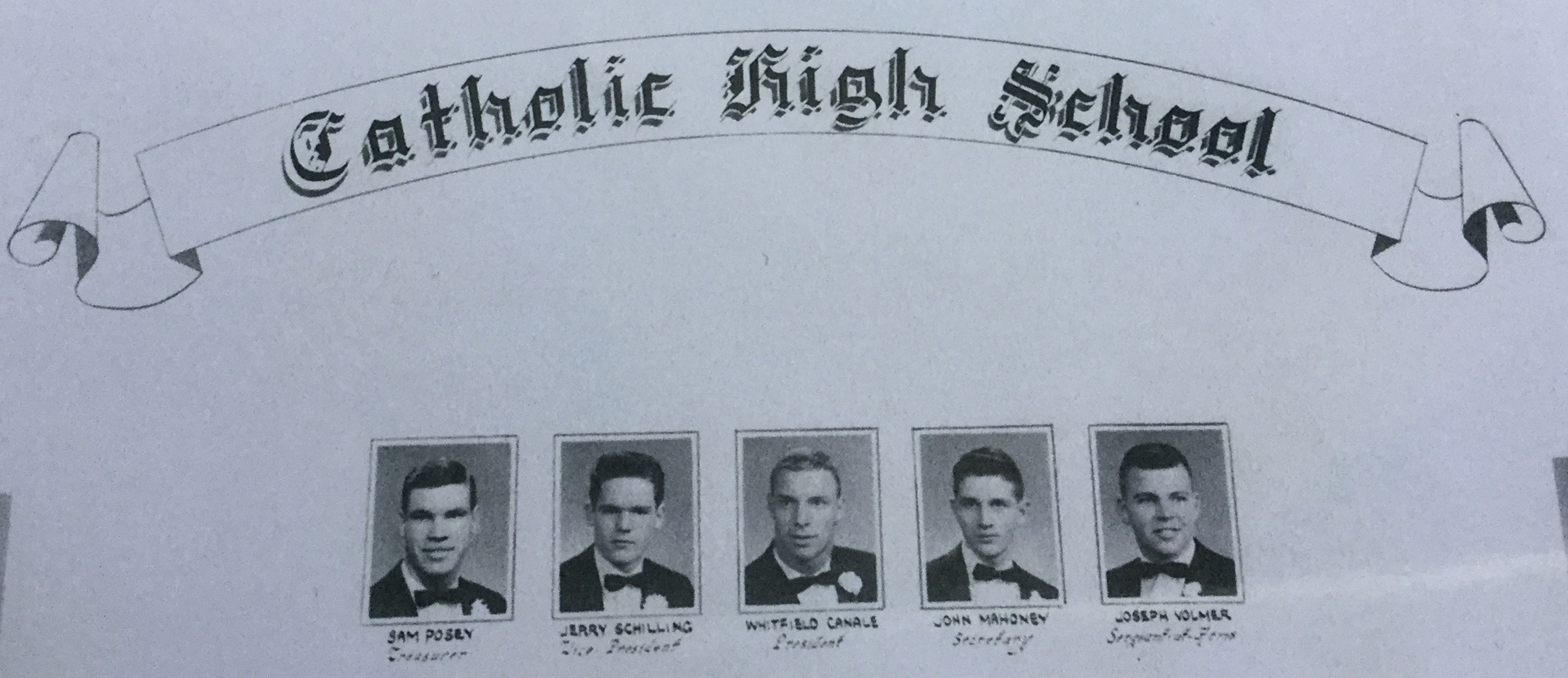

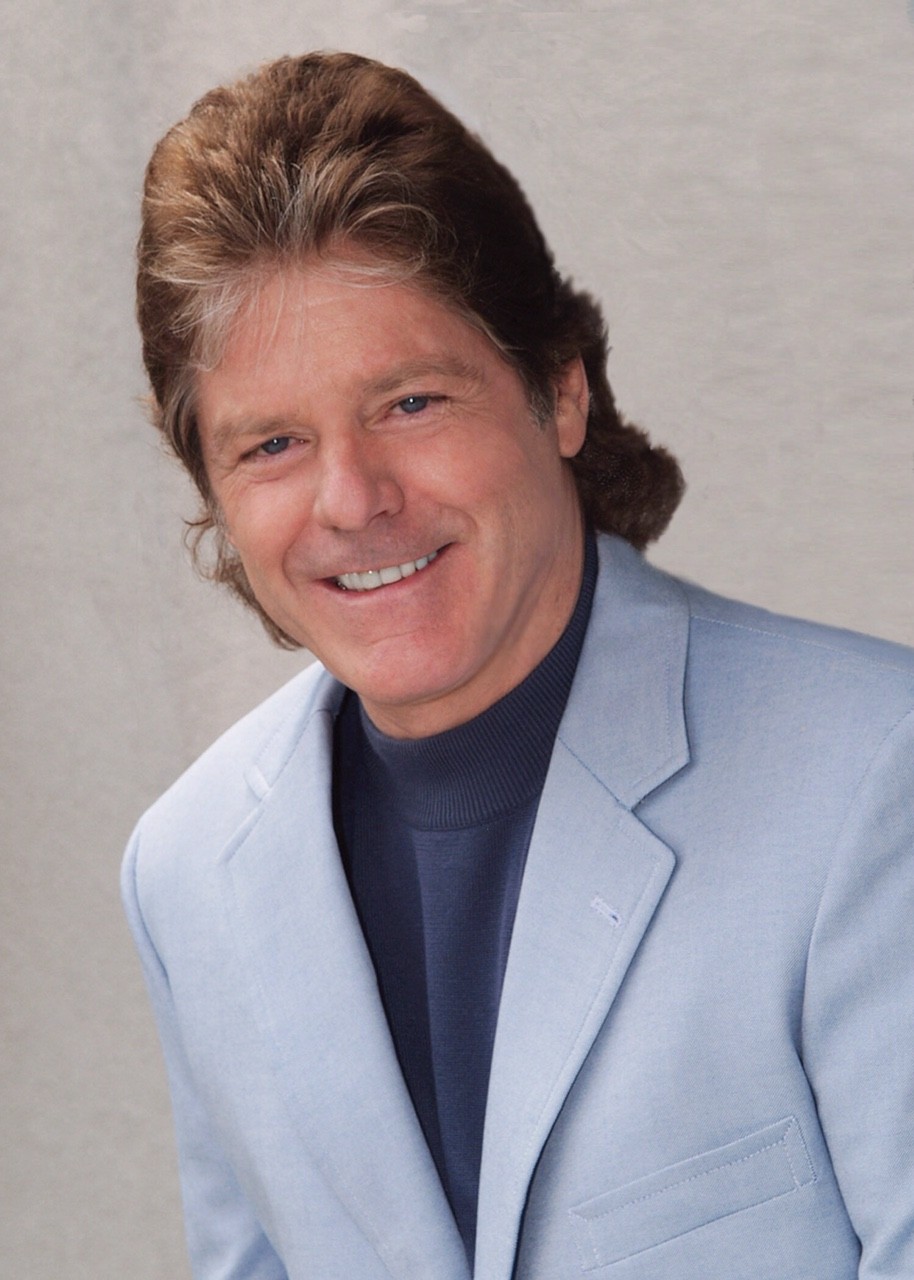
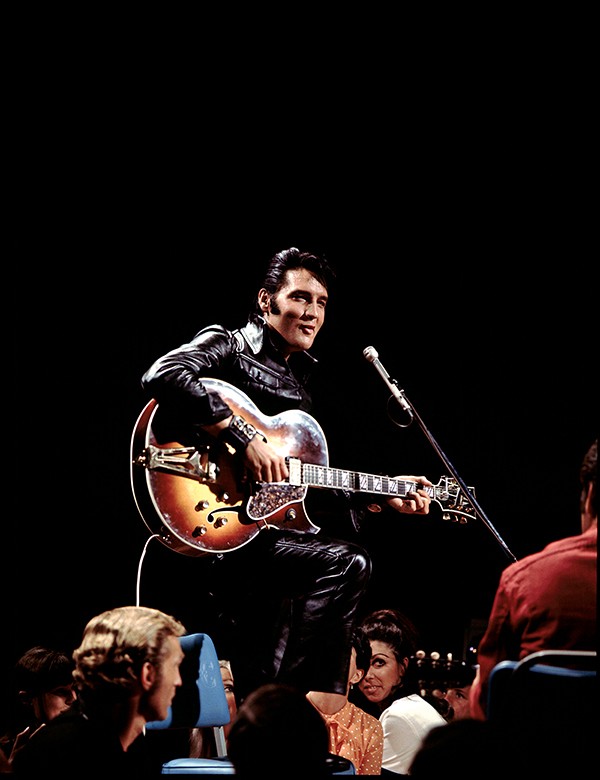 Photo Courtesy Graceland/Elvis Presley Enterprises
Photo Courtesy Graceland/Elvis Presley Enterprises 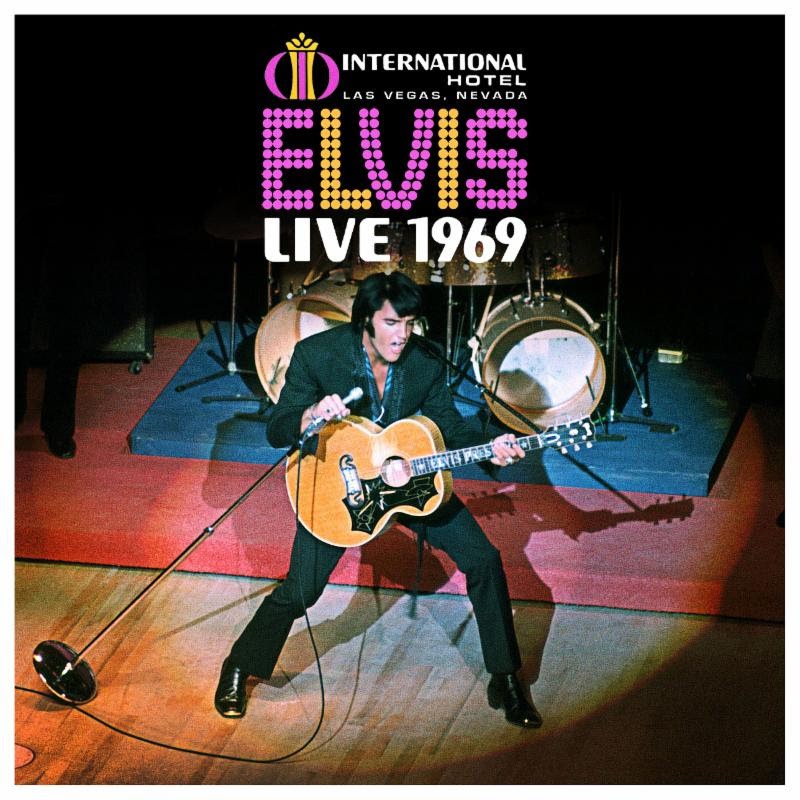

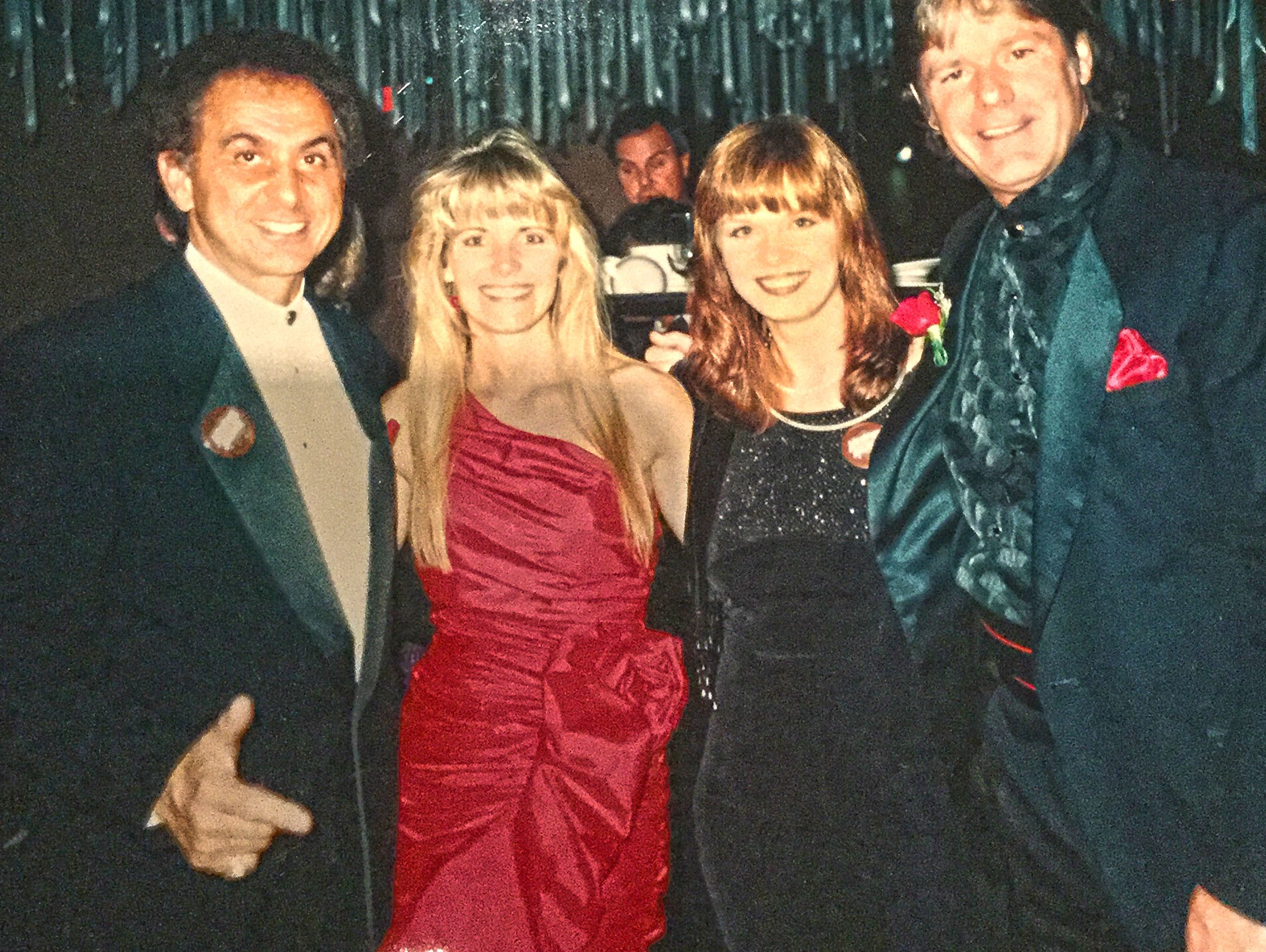
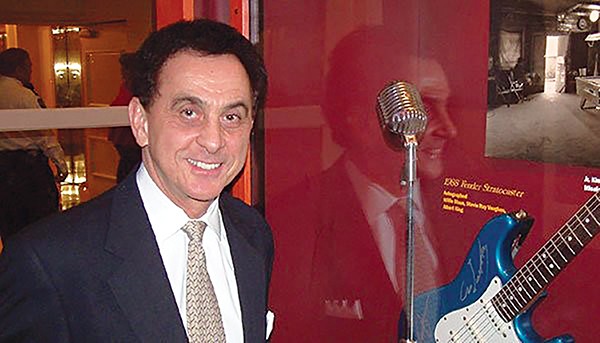
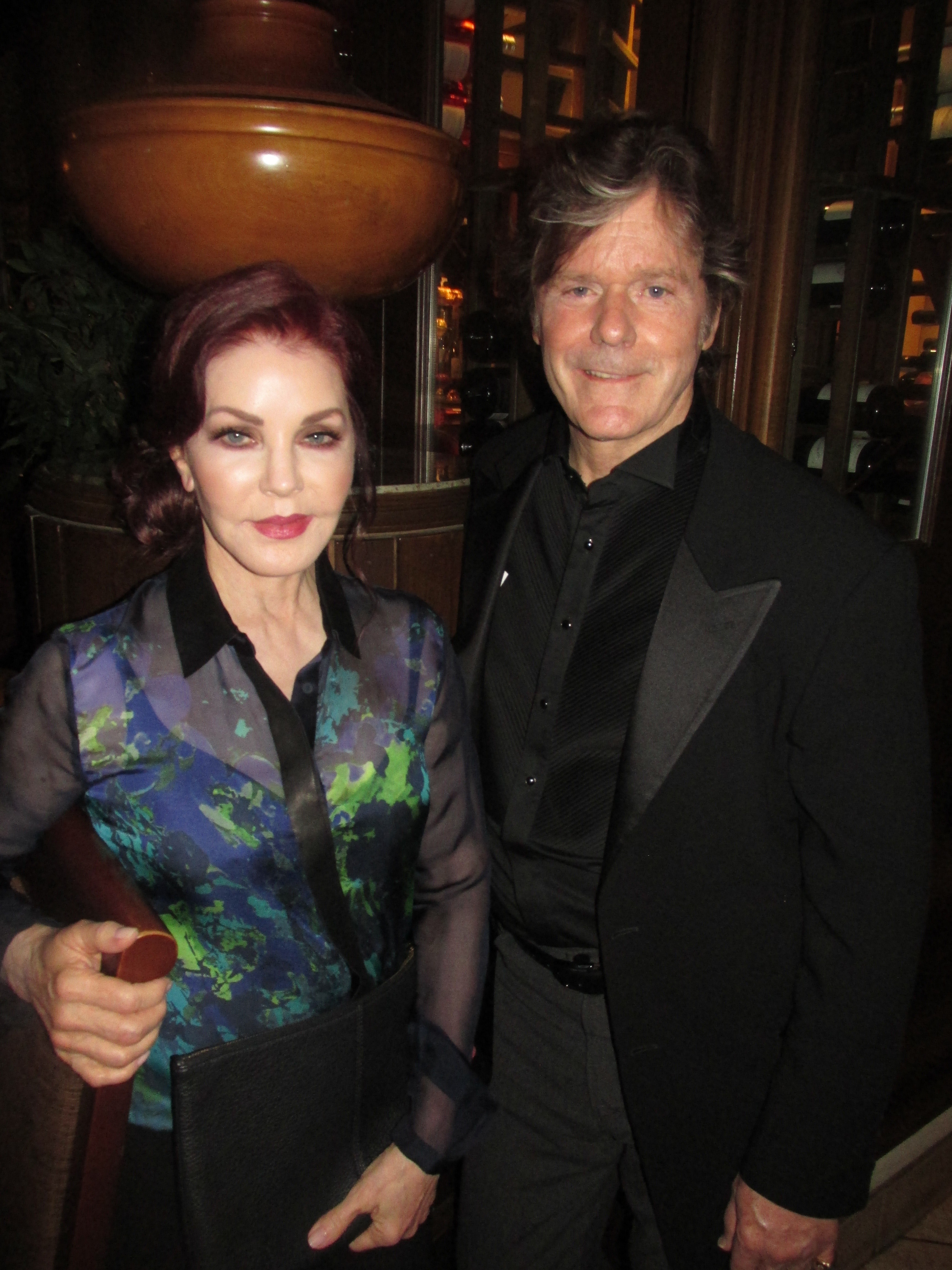 Michael Donahue
Michael Donahue 